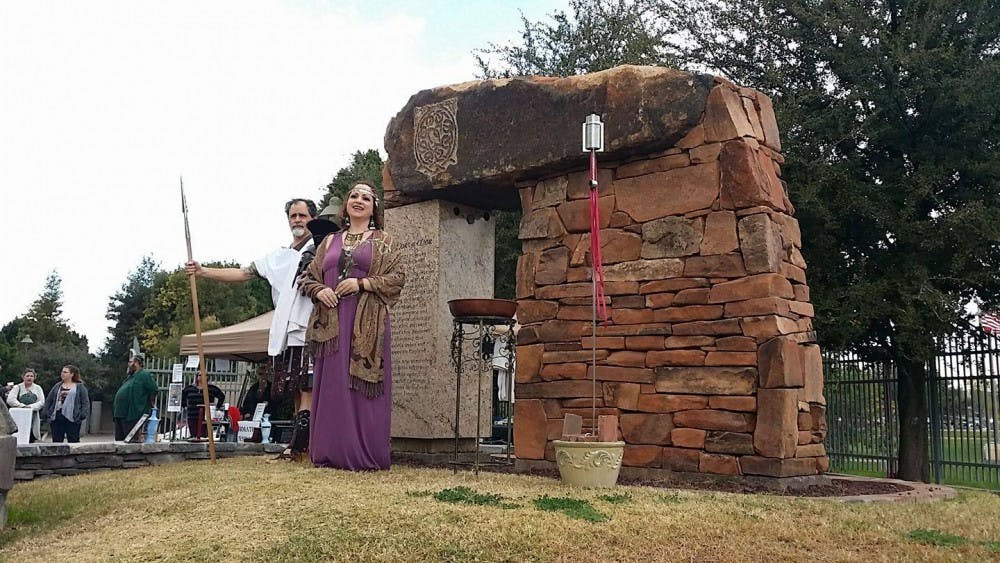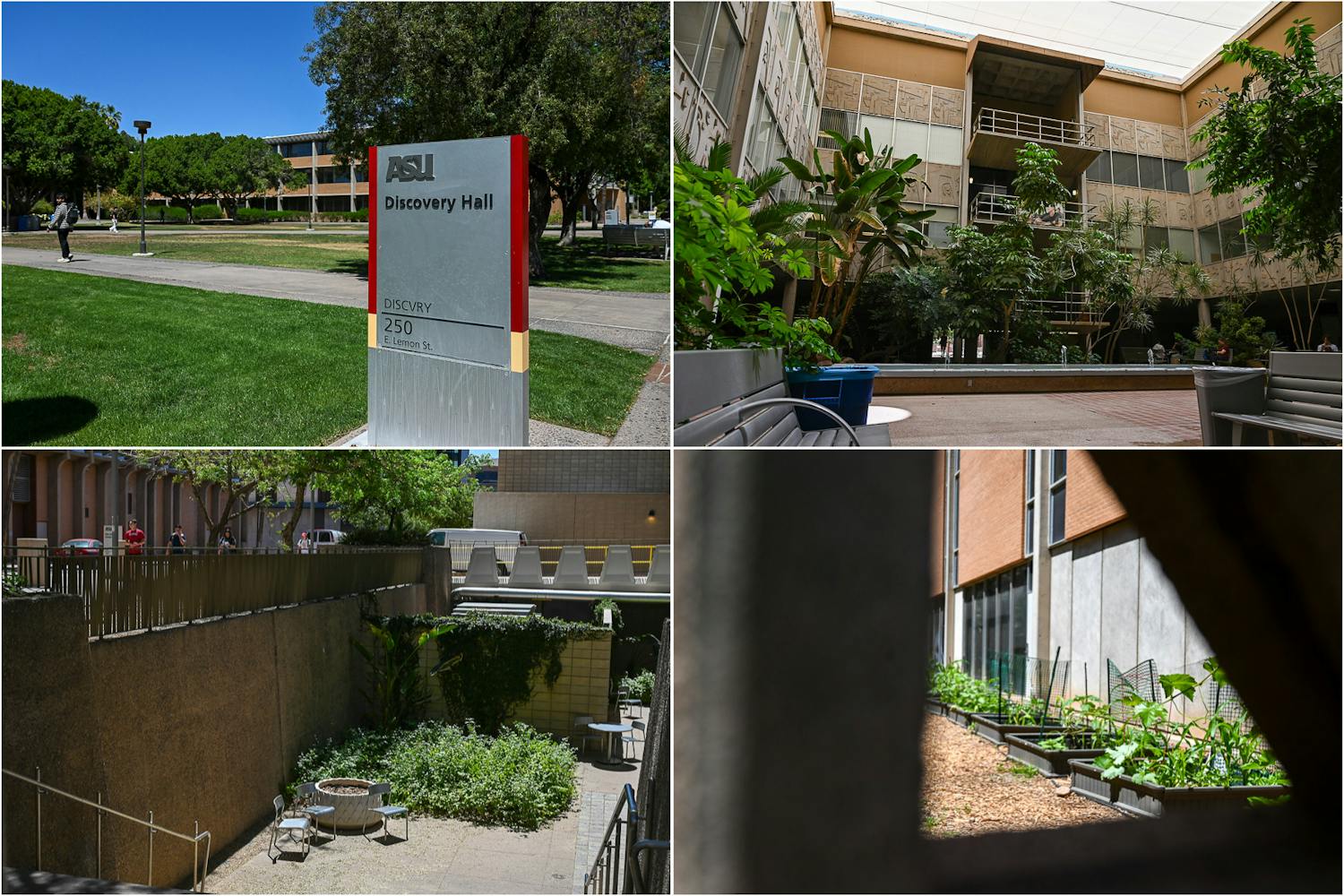Paganism represents a wide range of religious and spiritual beliefs, including Wiccans, Druids and Heathens. But for pagans at ASU and in the Valley as a whole, the umbrella term offers a diverse community.
Mark Bailey identifies as a Druid and spends a large amount of time involved with the local pagan community. He is the founder and CEO of Phoenix Fire Gatherings and an active member of the Grove of the Rising Phoenix.
He said paganism and Neopaganism are both umbrella terms and that they can be hard to define. Some people and religions are proud of being pagan, while others try to avoid the term.
"What’s important to us is not always important to others," he said. "There is a line in the sand somewhere in every faith, and that line matters."
Theater junior and practicing Wiccan witch Keena Huesby said paganism is an individualistic practice.
"Paganism isn’t so much in my heart as it's a jacket that I wear," Huesby said. "I am a witch that wears the jacket of paganism, and it's a jacket that fits a lot of different people."
Huesby is involved with the pagan community at ASU through the Pagan Student Alliance. She said the club is a great way to network and meet new people within the community.
Mat Touchette, an interdisciplinary studies junior, is another member of the PSA who identifies as an Eclectic Neopagan witch. Touchette said that some elements of paganism are similar to other major religions.
"A pagan who wears their pentacle is no different than a Christian who wears their cross," said Touchette. "It is a religion, but it’s more than that. It’s also a lifestyle."
But it is a lifestyle with flexible identities. Bailey said that practices and labels all vary within the different religions that fall under paganism.
"You use the wrong word and half the room may get up and leave," he said. "But if you use a different word, the other half may leave."
The different stripes of paganism are grounded in historical practice. Bailey said he is very interested in that history and learning about how religion was practiced in the past.
He said that knowing the history of past paganism is important for how pagans practice today, and it is the foundation of Neopaganism, which combines historic and contemporary pagan practices.
"What did our ancestors do, can we do that today and how do we change it?" he said.
Editors note: The story previously included a source whose identification could not be verified by editors, and has since been removed. It has also been updated with Mat Touchette's year and major.
Reach the reporter at amckenn2@asu.edu or follow @AndrewMcKenney on Twitter.
Like The State Press on Facebook and follow @statepress on Twitter.




